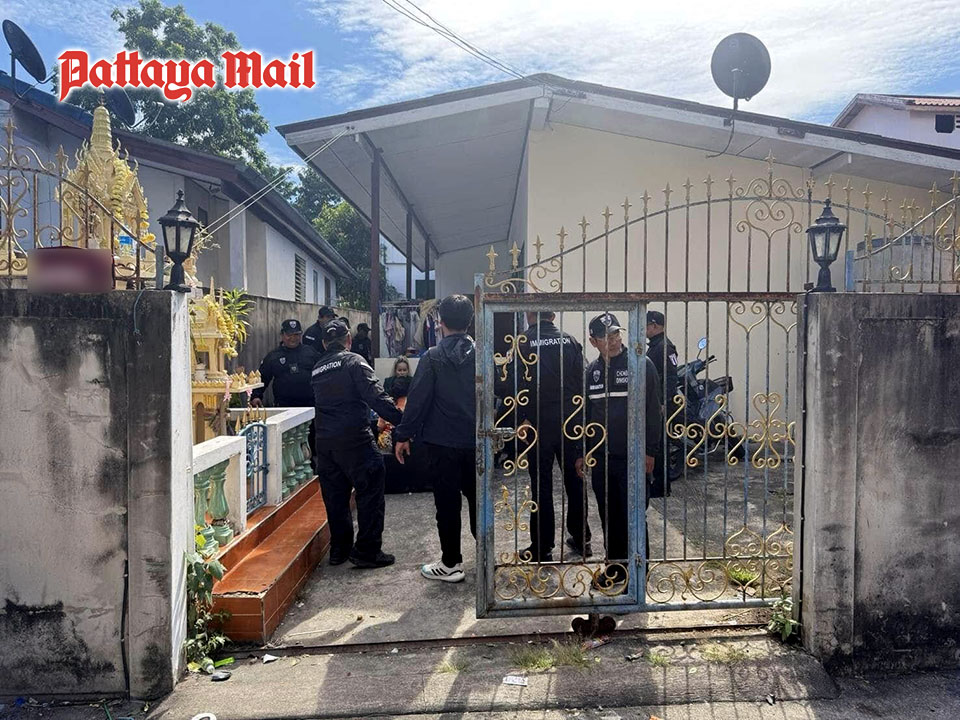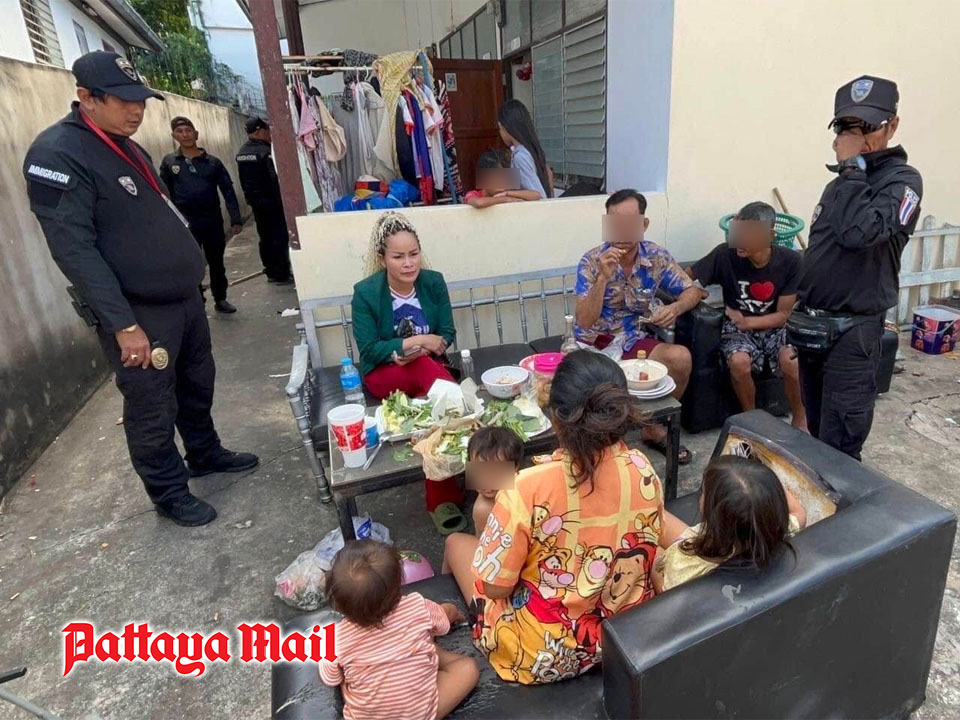
PATTAYA, Thailand – Pattaya and Bangkok, two of Thailand’s most popular tourist destinations, have recently become focal points for alarming issues related to foreign beggars and child exploitation. Both cities, known for their vibrant tourism industries, have seen a rise in the number of foreign beggars—individuals from various countries who migrate to Thailand seeking better opportunities, but often end up exploiting the country’s lenient attitudes towards panhandling and social welfare.
In Pattaya, a hotspot for international visitors, tourists are often confronted by beggars from countries such as Myanmar, Cambodia, and even as far as Europe. Many of these beggars are seen in tourist-heavy areas like Walking Street, Pattaya Beach, and various shopping malls. While some are genuinely in need, others are suspected to be part of organized begging networks that exploit vulnerable individuals, including children, to generate profits for criminal syndicates.
Child exploitation is another growing concern, with an increase in reports of children being coerced into begging on the streets or forced to work in exploitative conditions. In both Pattaya and Bangkok, children, often from impoverished neighboring countries, are sometimes trafficked and used by gangs or syndicates for begging or street performances. The children are typically not allowed to keep the money they earn, and are forced to give it to their exploiters, leaving them vulnerable to abuse and neglect.
These issues have drawn the attention of local authorities, activists, and international organizations, all of whom have called for stronger enforcement of child protection laws and measures to combat human trafficking. Despite efforts by the Thai government and NGOs to raise awareness and address these problems, the challenges remain significant. With tourism driving the economy of both cities, it is essential for the government and communities to tackle these issues while ensuring the safety and well-being of vulnerable individuals.
The situation in Pattaya and Bangkok highlights a broader issue of how tourism can sometimes contribute to the exploitation of the very people it is meant to uplift. For these cities to truly benefit from their tourism industry, more comprehensive measures must be implemented to protect vulnerable populations from abuse and exploitation, ensuring a safer environment for both locals and visitors alike.












